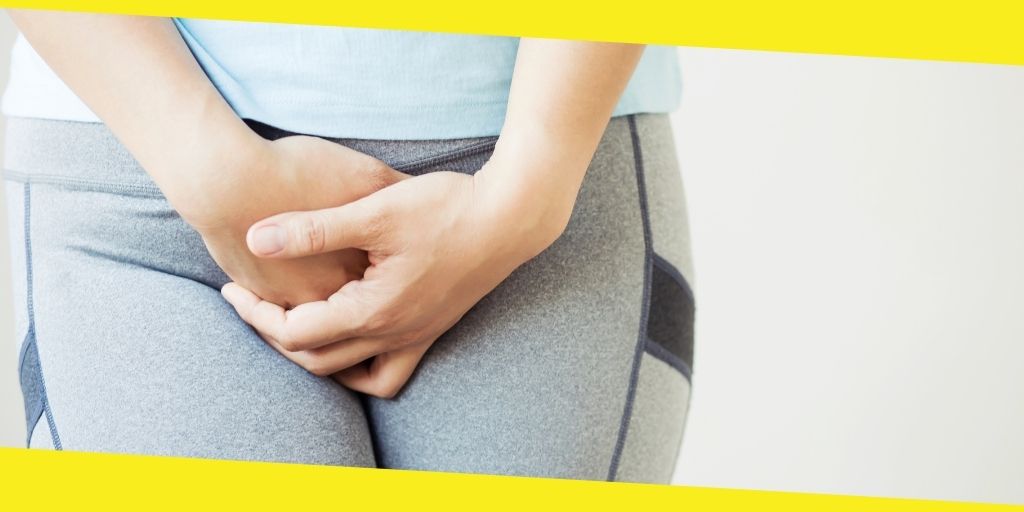What Happens to Your Sexuality When You Age
This post was last updated on February 12th, 2021

It’s not surprising that most of us view geriatric sex as a non-issue. The truth is it’s hard for many people to think of their grandparents and elderly parents as viable sexual human beings. However, the absence of talk about sex among aging people should not be confused with their presumed lack of sexual desire. The truth is sex is still very important to people over the age of 50 years old.
To be clear, people do struggle with sexual issues as they age. However, many of the said issues related to physical issues and not issues related to the lack of mental or emotional sexual desire. For a healthy person who is well into retirement, the desire for sexual intimacy can still burn bright.
There is little doubt that the innovation of medications directed at sexual health has had a great impact on society as a whole. That includes innovations around the use of HGH, the growth hormone. The real beneficiaries of these medications and treatments are the elderly people who live with sexual desire yet struggle to physically fulfill their desire.
Having identified that physical issues are what drives middle-aged and elderly people to focus less on sex, let’s take a look at sex during the aging process.
Contents
ToggleWhat is Sex Drive and Libido
We have all heard these terms. However, very few people understand exactly what sex drive and libido are about. Quite literally, sex drive is the level of desire someone has for sexual intimacy. Their libido is the ability to sustain that drive over time.
Keep in mind, the brain is the most important sex organ in the human body. Your sex drive is what your brain creates in terms of you wanting or needing to have a sexual encounter with a significant other.
Of course, our sexual desire is usually greater in our twenties and thirties with women hitting their “sexual prime” much later than men. Unfortunately, changes in the body and life will eventually impact a person’s sexuality.
During the aging process, there are physical and mental changes that can adversely affect both your sex drive and libido. These changes can be different for men and women, something we will address in the next two sections. As for the increasing your libido follow to know more.
Sexual Changes in Women
For most women, menopause represents the age of changes in sexual function. Due to a drop in estrogen, women experience physical changes as well as changes in the way they feel and think. Remember, most women hit menopause in their mid to late forties. This is truly an age when sexual desire should still be a viable part of a woman’s life.
As for the changes that are brought on by menopause, they include:
- Vulvovaginal atrophy: thinning and shrinkage of vaginal wall
- Lack of lubrication during arousal
- Increased sensitivity in the vagina and vulva area
- Need of much longer time to reach optimal arousal
For a vibrant sexual woman, these can be significant changes. They can result in less desire for sex because of pain and stimulation issues. The good news is there are natural remedies, hormone shots, and prescription medications that can help women get past these issues. With an understanding and patient partner, more touch, taking more time, and more talking can also make a huge difference.
Sexual Changes in Men
While men have a less defined age limit for a decrease in sexual desire, they do have a lot more possible health issues that can affect their libidos. Past the age of 60, erectile dysfunction can easily become an issue. That’s supported by the fact that 65% or more of men over the age of 70 report such problems.
Most of the blame goes to drops in testosterone levels with testosterone being the male equivalent of estrogen. As a man’s testosterone level drops, they too experience physical and emotional changes that lead to a drop in sexual desire. By the way, prescription medications can also adversely a man’s sexual desire. Medications to be wary of include blood pressure medications, some cancer treatments, pain medications, illicit drugs, and anxiety and depression medications.
As for physical changes related to lower testosterone levels, it might include shrinkage of the testicles and a decrease in muscle mass through the body. Both of these conditions can adversely affect a man’s confidence, something that would manifest into a loss of sexual desire.
There is good news for men as well. First, there are medications available to help with sexual dysfunction issues. While some of these medications do promote better sexual function, they do come with health risks to the heart.
For men, a better solution might be treatments with HGH, the growth hormone. These are treatments that serve to counteract lower testosterone levels, which should increase sexual desire and function.
The Final Piece of the Puzzle
We would be remiss to not mention there are things you can do to improve your sex life. Sometimes, it’s just a matter of making changes in the way your approach your partner when your sex drive kicks into overdrive. That’s the time you need to use your brain to create an environment and circumstances under which your partner will also experience an increase in their sex drive.
Recommended For You
Trust In Long Distance Relationship
Most Inside
Most Inside offers high-quality recommendations and valuable updates to enhance all aspects of your life, providing premium guidance and enriching experiences.




